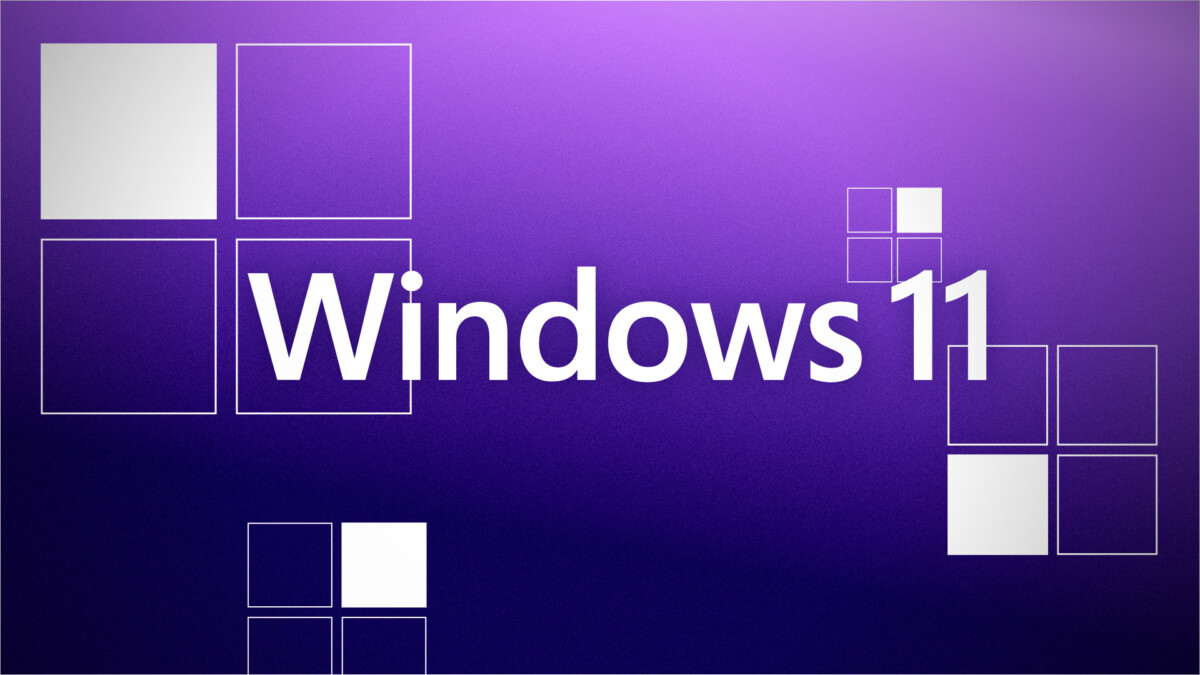Supposed to correct a serious security flaw, the latest Windows 11 system image causes disturbing bugs on several models of hard drives and SSDs. Until potentially make them inoperative.

When a routine update runs in a real nightmare. Broadcast in early August, the latest version of Windows 11 seems to have some unexpected collateral effects, the possibility of planting your storage system, whether it is a classic SSD or hard drive.
Spotted by a surfer on X/Twitter and relayed by Neowinthis bug intervenes when transferring large amount of data and can temporarily or semi definitively interrupt the operating of the disc.
On transfers of more than 50 GB
For the moment, the bug has been identified on a dozen components, including hard drive Digital Blue and Red 2 TOs, SSD Corsair MP510 or Sandisk Extreme Pro M.2. More generally, it would seem that it is the discs with a flash phison memory controller which are particularly affected, as well as those not having DRAM memory.
The bug intervenes during the transfer of large amounts of data (beyond 50 GB) and prevents the operating system from detecting the disk on which it is writing. In most cases, a restart can help Windows to get back in front of the holes, but, for certain discs, the link between the OS and the device seems permanently damaged and the irrecoverable data (via this installation of Windows in any case).
The problem seems to come from poor management of the disc cache or a memory leak on the side of Windows. Nothing irreparable for Microsoft, but users and users concerned could already find this problem very handicapping.
What to do to protect yourself?
If you fear for the health of your hard drive or SSD, you still have a few withdrawal solutions all the same. The first is not to install the famous update (labeled KB5063878) and to wait for Microsoft to publish a correction for this problem during another wave of deployment.
To go further
Windows 11 24h2: Here are all the new features of the biggest update of Windows 11 since its launch
The other is stupidly to avoid too large data transfers in one go. If you can, segment your copy and paste in several sessions of a few GOs to allow Windows not to be overwhelmed. Do not forget to make backups of all your important documents and projects. Whether you have a faulty or not installation, this is always a good reflex to have.

